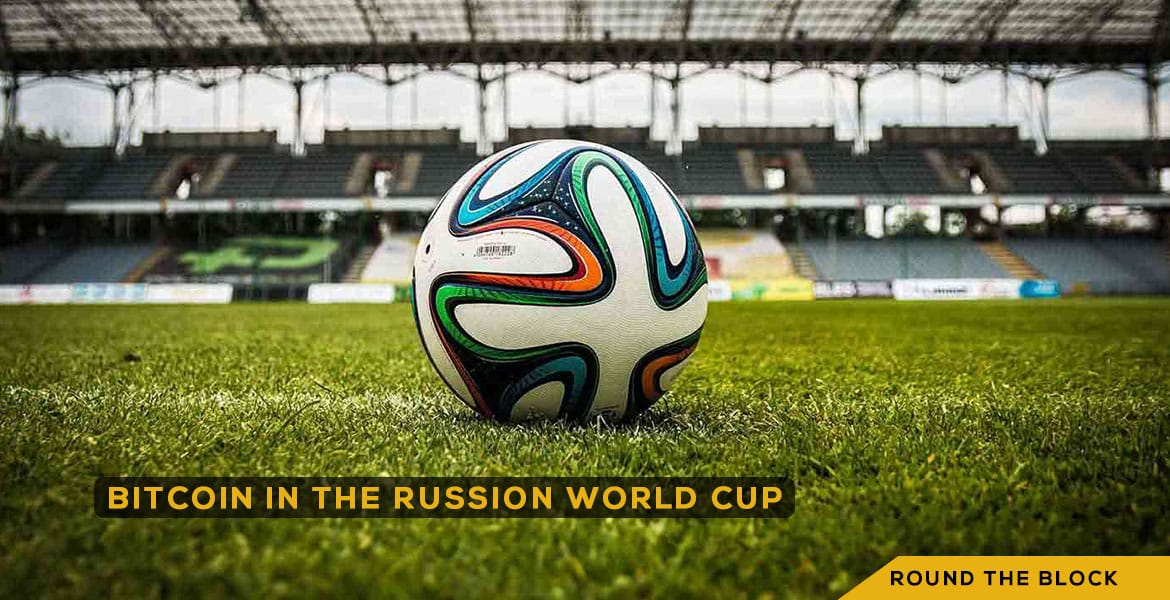The FIFA world cup is due to begin in a

The FIFA world cup is due to begin in a fortnight and it is going to affect Bitcoin in more ways than one, as the public gets ready to descend on Russia.
As the Kremlin works on its own domestic payment system Mir, Visa and MasterCard have lost much flow in the country when it comes to digital payments. As a result of US Sanctions back in 2014, they had already cut down the card services to Russian customers.
Customers, on the other hand, have already figured out ways around the transaction troubles: Cryptocurrency!
Fans all over the world are Bitcoin-ing their way to the football world cup in Russia, because they haven’t been left with many choices whatsoever. At the last World Cup in Brazil, over 5 million people visited the FIFA Fan Fest and 3.4 million people attended a game.
Hotels in the city of Kaliningrad have even endorsed their affinity to cryptocurrency and openly declared that they will be accepting Bitcoin, Ethereum, and Litecoin as payment. Kaliningrad will be hosting four matches of the massive tournament, including those of Spain and England.
Anna Subbotina, Manager at the Malina Apartments Hotel Chain said:
“Cryptocurrencies are now enjoying increased interest. Gradually they will come into use as a means of payment. And we decided that the fans should be able to pay for our services with the help of this innovative technology. It may very well be that other hotels are awaiting our example for the forthcoming football holiday.”
Travel agents and bars and even airlines will among the few services that will be accepting Bitcoin for transactions. An official World Cup sponsor even allows travelers to load up a Visa debit card with BTC, USD, EUR, or GBP.
The use of Bitcoin as a means of exchange is something the cryptocurrency has been struggling with since fees for sending Bitcoin spiked in December.
At its peak there were roughly 400,000 Bitcoin transactions per day at the end of 2017 though this has now fallen back to around 200,000 transactions per day, and fees are back down with it.
